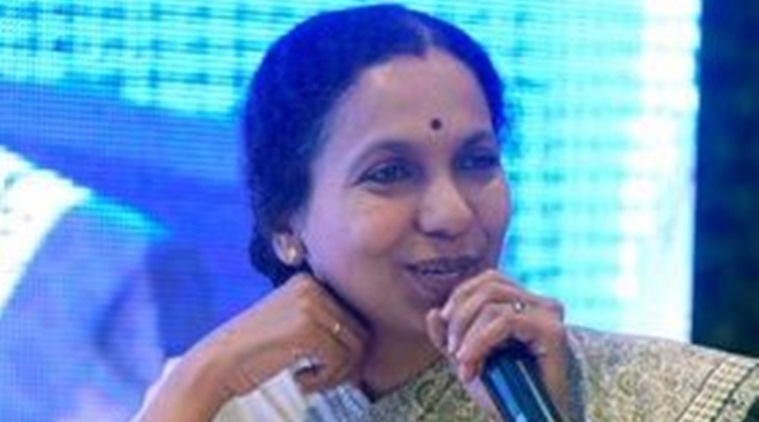 Principal Secretary (Health and Family Welfare) Jayanti Ravi (Twitter @JayantiRavi)
Principal Secretary (Health and Family Welfare) Jayanti Ravi (Twitter @JayantiRavi)
With Rajkot district witnessing a continued surge in coronavirus cases since July and the rate of samples returning positive being 18 per 100, among the highest in the state, Principal Secretary (Health and Family Welfare) Jayanti Ravi on Thursday said that the state government would further ramp up testing to flatten the curve of the infection and bring down the positivity rate to seven percent.
“At this stage of the pandemic, the positivity rate is approximately 18 percent. Our plan is to increase testing per million per day to identify people (having contracted the infection), isolate them and thereby bring the positivity rate to around 10 per cent and subsequently, to seven per cent,” Ravi said while addressing a press conference in Rajkot.
The health secretary was in the hometown of Chief Minister Vijay Rupani to review its Covid-19 situation and held meetings with officials of the district administration, the Rajkot Municipal Corporation, PDU Hospital and local health officers. Her statement regarding bringing down the Covid positivity rate comes a week after Rupani, during his visit to Rajkot on July 29, had announced that sample testing in Rajkot would be doubled to contain the spread of Covid-19.
While the health secretary did not give any number for the increased testing, she said that 16,000 rapid antigen testing (RAT) kits have been sent to Rajkot. She however, underlined that 700 samples were tested in Rajkot on Thursday and that the average for the past week was 500 tests per day, which, she said, was four times higher than the 140 tests per million per day recommended by the World Health Organisation and the Indian Council for Medical Research.
“Dhanvantri Raths and 340 teams of ASHA workers are going for door-to-door surveillance so that people with Covid-like illnesses can be detected at an early stage, be given treatment and thereby case fatality rate can be controlled,” said Ravi.
She added that contact tracing has also been intensified and at present, an average of 71 close contacts of each person testing positive for the viral infection in RMC limits are being traced. She also said that the RMC had also screened 6729 super speders like vegetable and fruit vendors over the past few days and out of them, 46 were found positive for Covid-19.
The health secretary said that as of date, there are a total of 990 active cases in Rajkot district, of which 733 were in RMC limits and 257 in Rajkot rural. She said that the fatality ratio in Rajkot rural is 3.9 percent and 1.9 per cent in RMC, which is marginally lower than the state’s average of around four percent. She praised the local administration for around 30 percent of Covid-19 patients being put in home-isolation and another 20 percent in covid care centres (CCC). She further said that 990 beds were available for Covid-19 patients in the government-run PDU Hospital and 13 private hospitals in the city.
According to Ravi, Gujarat is one of the states most aggressively pursuing doses of the life-saving Tocilizumab injection which are administered to critical Covid-19 patients. “We have been one of the most aggressively pursuing states… There is a single company in the world, called Roche, which manufactures this drug in Switzerland. The honourable CM, with the help of New Delhi, had also contacted the local Swiss ambassador. Thanks to thier efforts, we have been able to get the maximum supply, compared to other regions or states,” she said, adding the state had managed to procure 2700 vials of the injection so far.
Ravi added that the results of trials of domestically-manufactured, similar drugs such as Itolizumab in Vadodara have been positive.
She said that the state had enough stock of Tocilizumab and Remdesvir and that a protocol has been developed for administering dozes of Tocilizumab. “We call it HOPES — heparin, oxygen, pronning, eliminating exertion and steroids. We have been following proning – sleeping in the prone position which helps increase oxygen saturation. If these don’t yield desired results, we have developed a protocol to administer Tocilizumab or Itolizumab after 24 hours or 48 hours,” said Ravi.